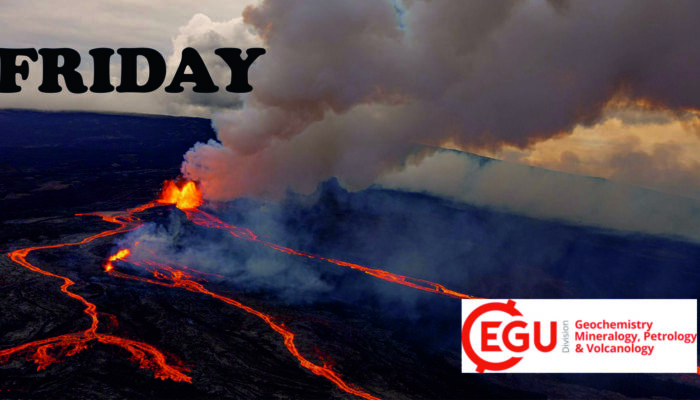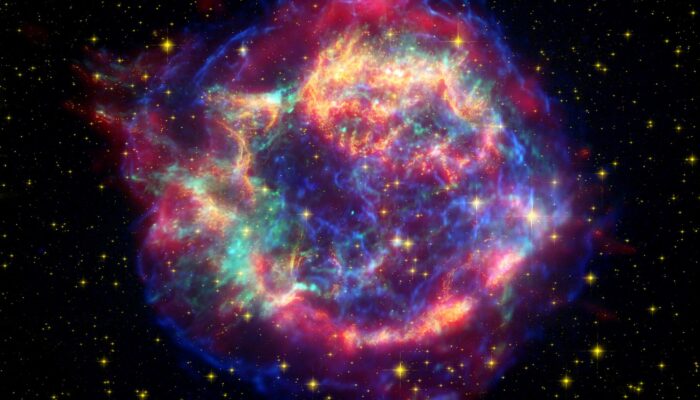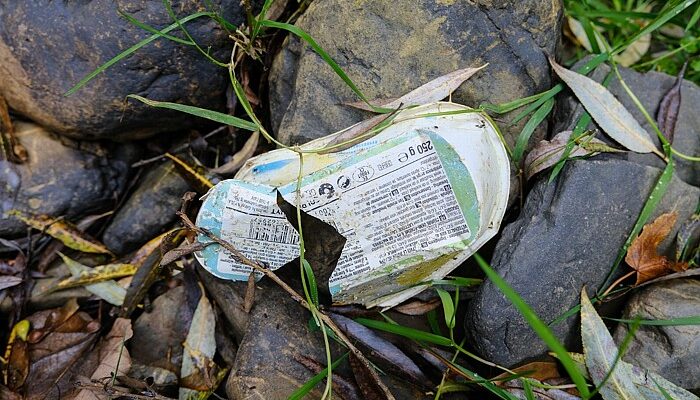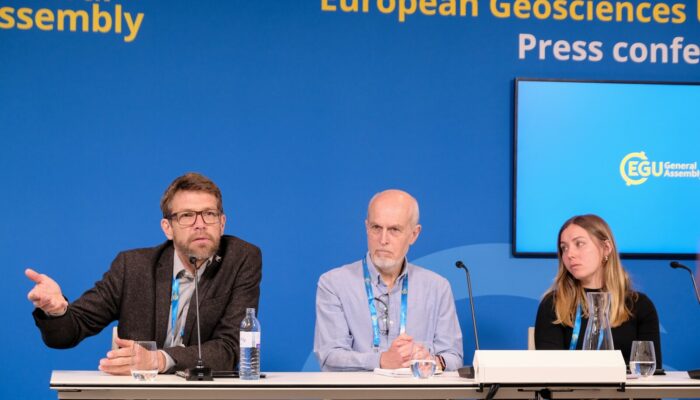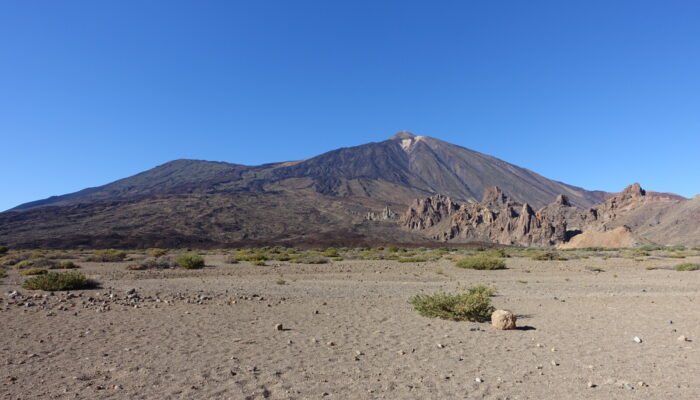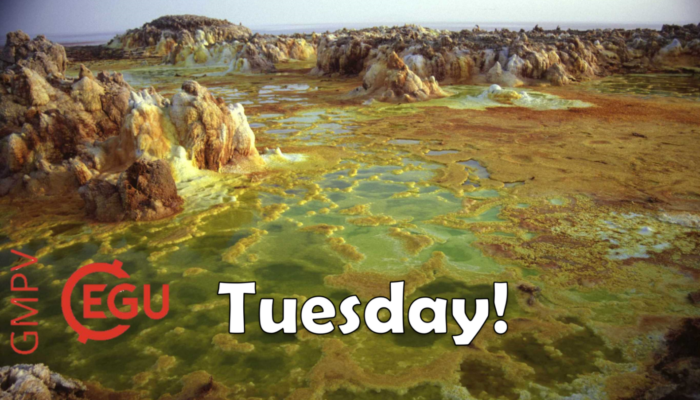Tired after the week-long conference? The GMPV division is ready with a number of interesting sessions to refresh your moods. Let’s enjoy the last moment of the EGU General Assembly 2024. Let’s start the day with a cup of tea and join the conference with the energy of a volcano because a session is waiting for all of you on hydrothermal alteration in volcanic settings (GMPV8.2). The sess ...[Read More]
If you didn't find what you was looking for try searching again.
GeoLog
Looking for answers towards the stars: stone tools and nuclides unveil the earliest solid evidence of humans in Europe
When stars explode, supernova-style, the explosion sets off streams of high energy particles across the universe, mainly protons and alpha particles, that after millions of years reach us here on Earth. Secondary cosmic rays pass through our bodies and almost everything around us, and they penetrate a few meters into the ground where they interact with atoms in soil and rock. This produces new iso ...[Read More]
Geochemistry, Mineralogy, Petrology & Volcanology
EGU24 Thursday Highlights
Welcome to Thursday, the second last day of EGU – GA 2024! We have a lot of interesting sessions filled with highlighted talks, orals, posters and the prestigious medal awards lectures for the GMPV division. We have many brainstorming talks today and here I’m listing a few that might appeal to you following the EGU time blocks and breaks. Just as last year, the GA is in hybrid mode so ...[Read More]
GeoLog
Turning adversity into opportunity: mapping plastic pollution in rivers
In July 2021, the Benelux area, Germany, and France experienced heavy rainfall followed by mass flooding, causing widespread damage. Along the vast quantities of plastic swept along the riverbanks, Rahel Hauk, a researcher from Wageningen University, conducted fieldwork to assess the impact of the flood event on plastic deposition. Amidst the debris, Hauk and her colleagues noticed a large volume ...[Read More]
GeoLog
Past ice and future predictions – scanning and drilling the changing Antarctic ice
Did you know that some of the scientists of each General Assembly get invited to a press conference to face a group of curious journalists? I did not – but as press assistant for the #EGU24, I had the unique chance to attend the press conference “Unveiling Antarctica’s secrets: new research brings us one step closer to predicting the future of the icy continent”. Prominent scientists (Fig.1) ...[Read More]
GeoLog
What’s beneath Tenerife? Innovative Monitoring Techniques Reveal the Island’s Volcanic Activity
Tenerife, the largest active volcanic island in the Canarian archipelago, encompasses a diverse landscape shaped by volcanic activity. This picturesque island of the Mediterranean not only boasts stunning vistas but also harbours a dynamic volcanic system that requires diligent monitoring. In recent years, an international team of researchers from Instituto Volcanológico de Canarias (INVOLCAN), In ...[Read More]
Geochemistry, Mineralogy, Petrology & Volcanology
EGU24 Tuesday Highlights
Welcome to day 2 of our EGU General Assembly. GMPV researchers, buckle up to a great day, with many interesting sessions on magmatic processes, volcanic degassing, magma storage and integrated approaches to understand igneous systems. You also have a joint session in honour of W. Jason Morgan. There are so many things taking place today, make sure you know what is on today’s schedule! What i ...[Read More]
Solar-Terrestrial Sciences
Meet our divisions ECS team that organized events throughout 2023-2024
Hi, this is your ST-ECS team 2023-2024. We are a group of Early Career Scientists (ECSs) of the Solar-Terrestrial (ST) division, and we organize events and activities with and for ST-ECS, both during the EGU General Assembly and throughout the year. Our aim is to increase the visibility of ECSs and provide you with opportunities for networking. Dr. Liliana Macotela, ECS Representative Lilia ...[Read More]
Solar-Terrestrial Sciences
Events organized for early career scientists (ECS) by the ST-ECS Team during EGU24
The EGU General Assembly is around the corner, and we would like to advertise the events the Early-Career Scientist (ECS) Team of our Division have been preparing to create networking opportunities for ECSs. Solar-Terrestrial ECS Drinks: preGA Icebreaker Get-together for all ST ECSs before the opening reception. We’re meeting up at 15:00 hours in front of the entrance of the name badges coll ...[Read More]
Geodynamics
Join the EGU GD Blog Team!

